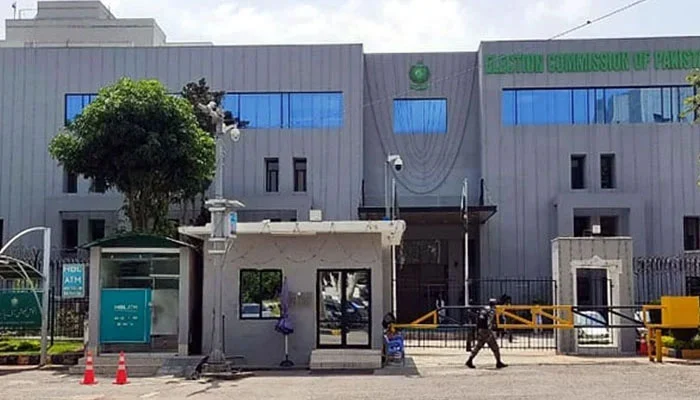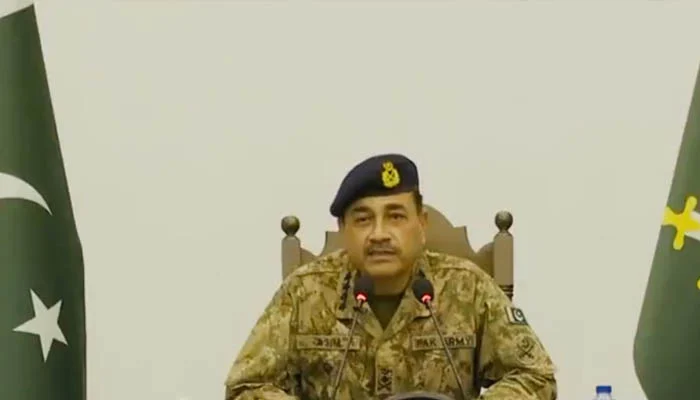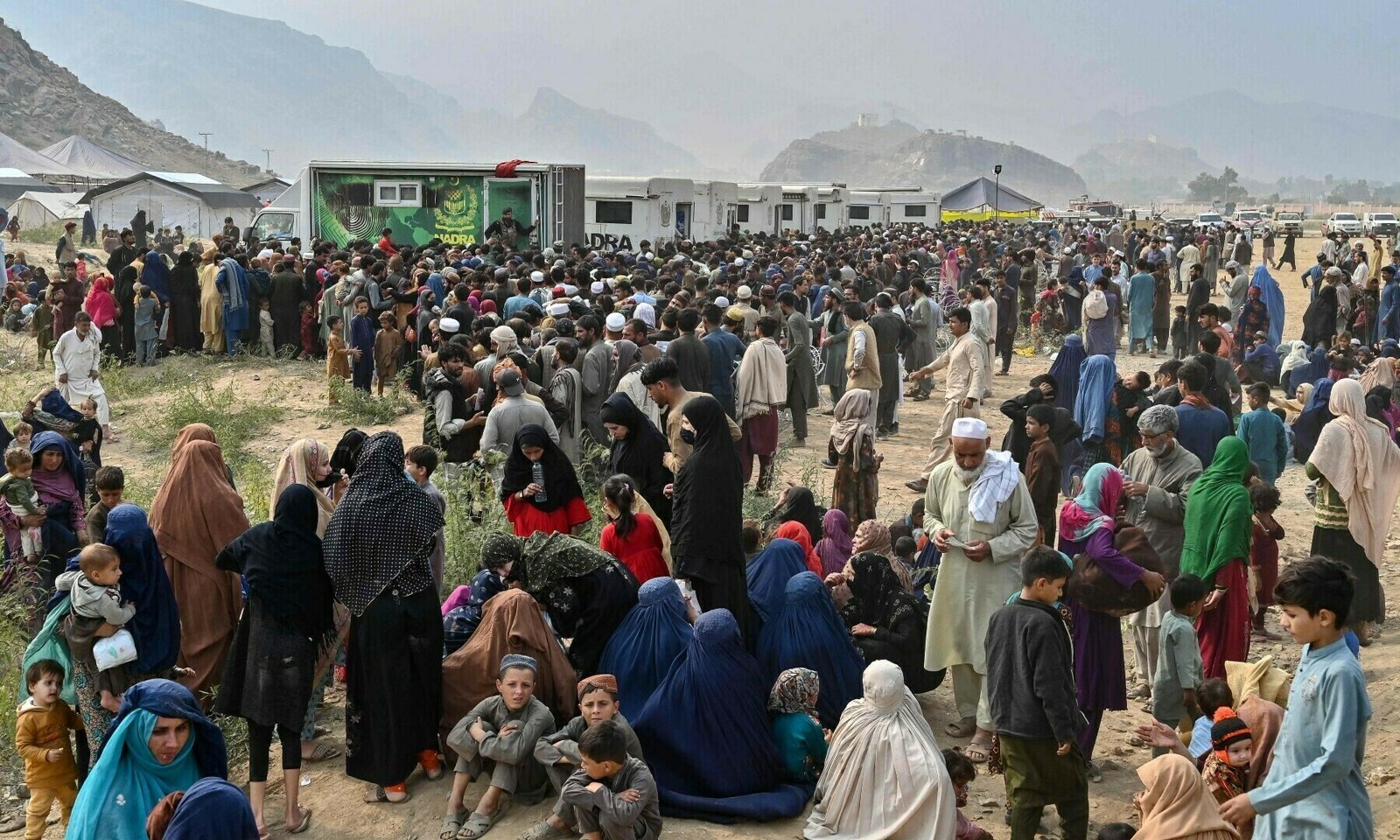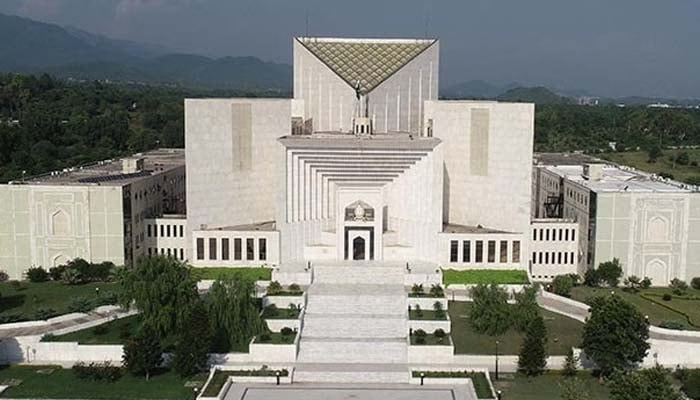The Pakistan Tehreek-e-Insaf (PTI) has officially submitted affidavits from its lawmakers in the Khyber Pakhtunkhwa (KP) and Punjab assemblies to affirm their affiliation with the Imran Khan-founded party. This move follows a Supreme Court ruling on July 12 that granted PTI the right to claim seats in the provincial assemblies reserved for women and minorities.
According to sources within the party, PTI has provided affidavits from 91 KP Assembly members and 105 Punjab Assembly lawmakers to the Election Commission of Pakistan (ECP). This submission aligns with the Supreme Court’s directive, which required PTI to submit a list of its eligible candidates for these reserved seats within 15 days of the verdict. The court had also instructed the ECP to publish the list of reserved seat candidates on its website within seven days.
In addition, last week, 37 PTI-backed members of the National Assembly (MNAs) submitted their affidavits of allegiance to the ECP. The total number of PTI-backed independent legislators stands at 41, with four more expected to comply with the apex court’s order in the coming days. Senior PTI leader Shibli Faraz, who also serves as the Leader of Opposition in the Senate, mentioned that three lawmakers were in the process of sending their documents from the UAE and Saudi Arabia.
The ECP has acknowledged the Supreme Court’s ruling and stated that it will implement the order to allocate reserved seats to PTI. Due to being deprived of its election symbol, PTI’s candidates contested the February 8 elections as independents. To secure the reserved seats, these independents were directed by the party to join the Sunni Ittehad Council (SIC).
The PTI’s successful submission of affidavits marks a significant step in complying with the Supreme Court’s ruling. However, the ruling Pakistan Muslim League-Nawaz (PML-N) and the Pakistan Peoples Party (PPP) have filed review petitions against the court’s decision, challenging PTI’s eligibility for the reserved seats.
The legal and political maneuvering surrounding the reserved seats underscores the ongoing political tensions in Pakistan. As PTI navigates the complexities of this ruling, the party’s ability to secure these seats could have significant implications for its standing and influence in the provincial assemblies.



